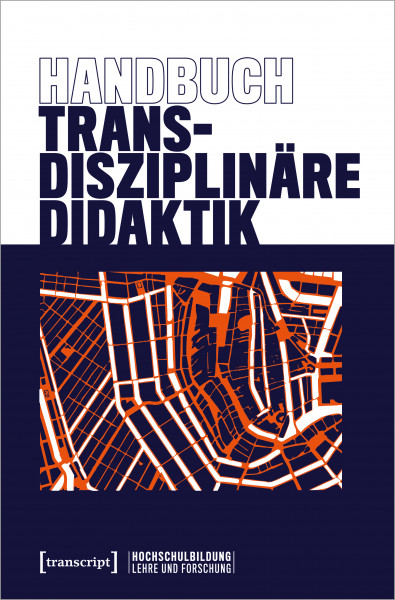A core topic of the HVGP is the promotion of transdisciplinarity. In contrast to interdisciplinarity or multidisciplinarity, transdisciplinarity incorporates knowledge and experience that originate outside the scientific system. Transdisciplinary research not only questions other stakeholders, but also involves them in the research process from the outset.

A new book on transdisciplinary didactics has been published by Transcript Verlag and all chapters are freely accessible via open access. The handbook takes up the debate on real-world laboratories, citizen science and co-creation and deals with central concepts and new approaches in detailed contributions by recognised experts. The HUMBOLDT-VIADRINA Governance Platform has long been dedicated to trialling transdisciplinary multi-actor formats. Based on this experience, Gesine Schwan, President of the HUMBOLDT-VIADRINA Governance Platform, has contributed a chapter on the question of "What is transdisciplinarity and what is it for".
According to Schwan, the advantage of transdisciplinary science is that "This is because, through "deliberative" exchange with the three stakeholder groups, it can better understand the prerequisites of political, economic and civil society decision-making logics and can pursue questions that the three stakeholder groups face in practice and for which they need the most precise knowledge base possible. Conversely, this also creates a better understanding of science among the social actors."
This diversity of perspectives therefore allows research questions to be more closely linked to social challenges and enables more innovation in response to global issues such as climate change, urbanisation or migration and strengthens the culture of deliberation, i.e. the exchange of well-founded arguments.
Read the article by Gesine Schwan and many other experts at the Transcript Publisher and more about our transdisciplinary projects in our Trialoge® concept